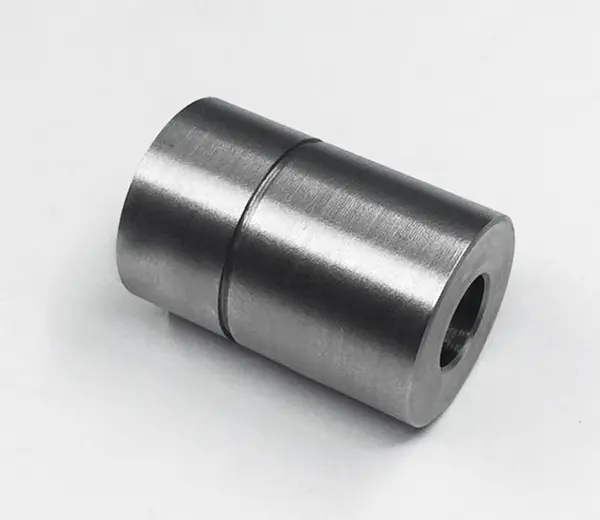
Steel
Offers high tensile strength and malleability. Used in construction, automotive, and manufacturing for structural components and tools.
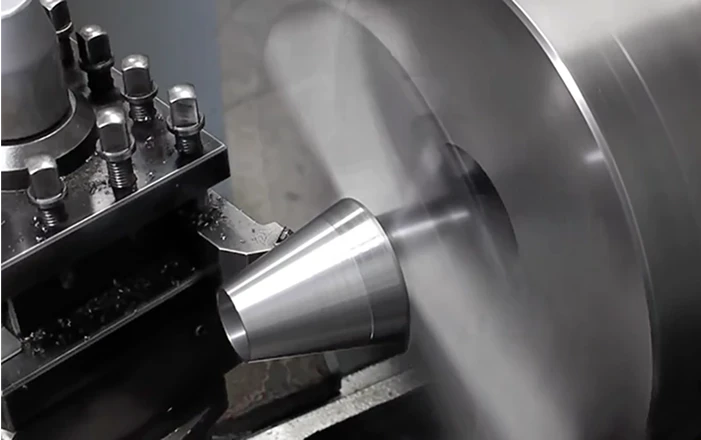
The turning tool moves left and right to create a taper or gradient on the part
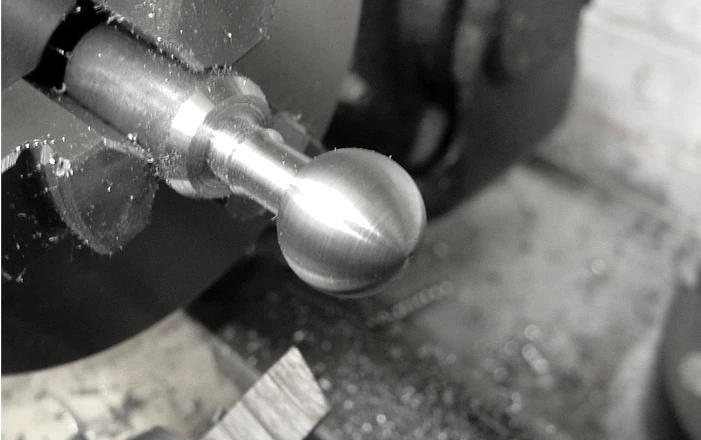
Also called spherical turning, it can produce spherical parts.
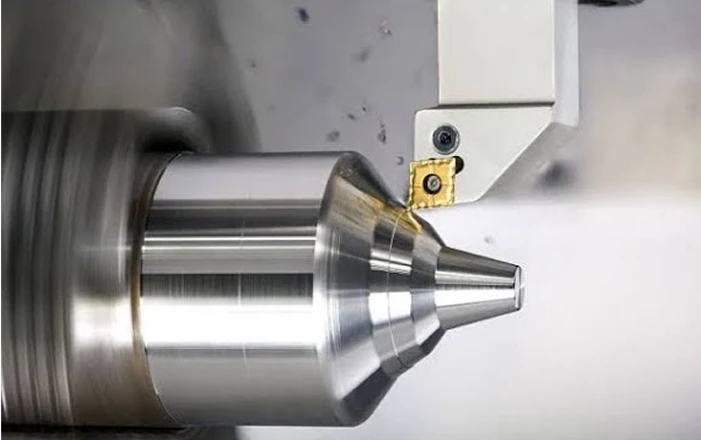
Chamfering effect is achieved using turning tools.
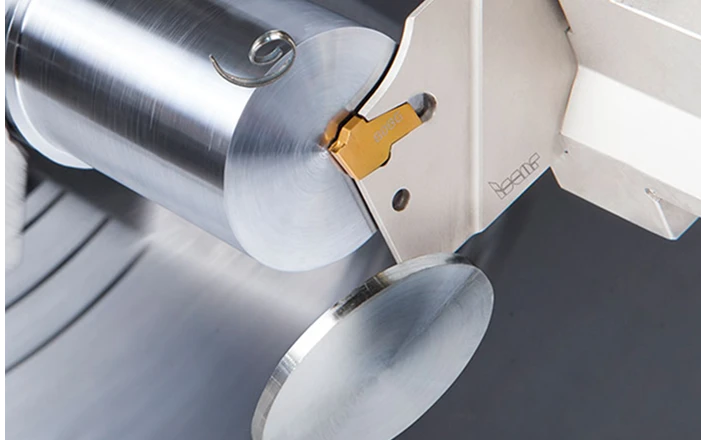
Separating parts from base material
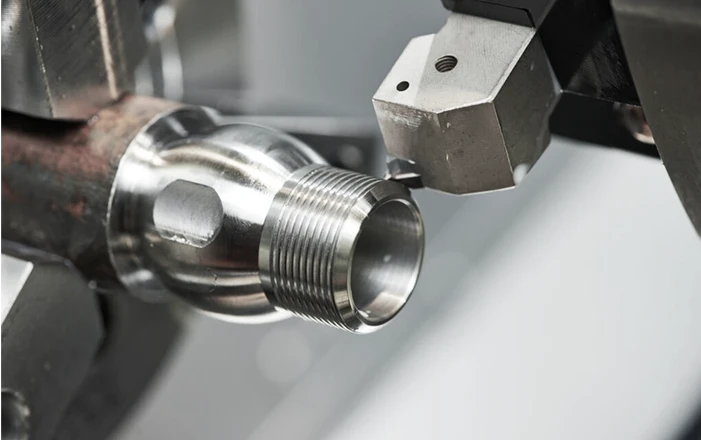
Creating screw threads on cylindrical parts using cutting tools
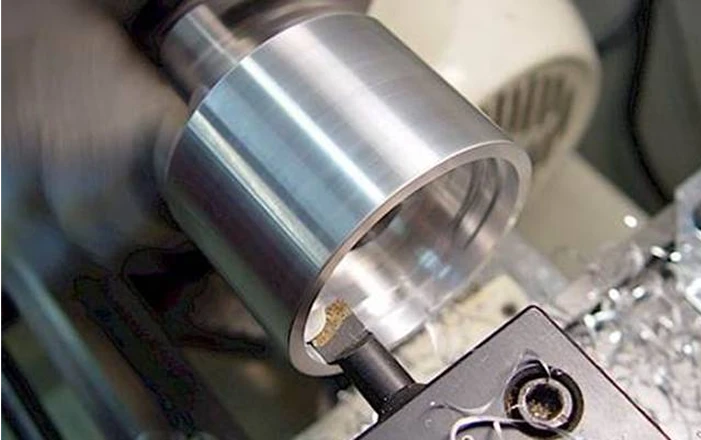
The lathe rotates and the turning tool reaches into the workpiece to create the hole.
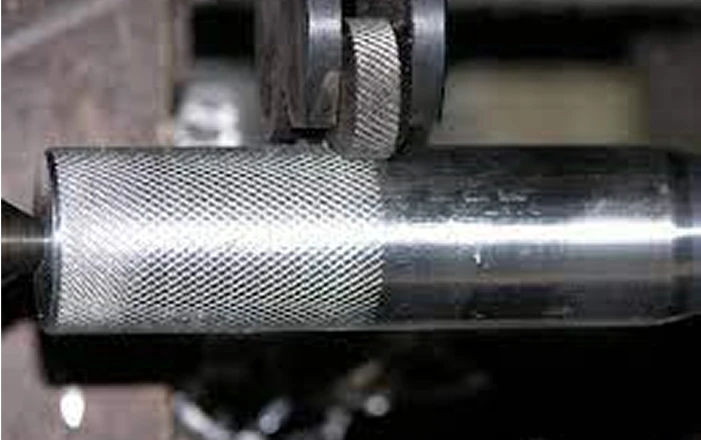
Use rollers to leave patterns and textures on the surface of parts
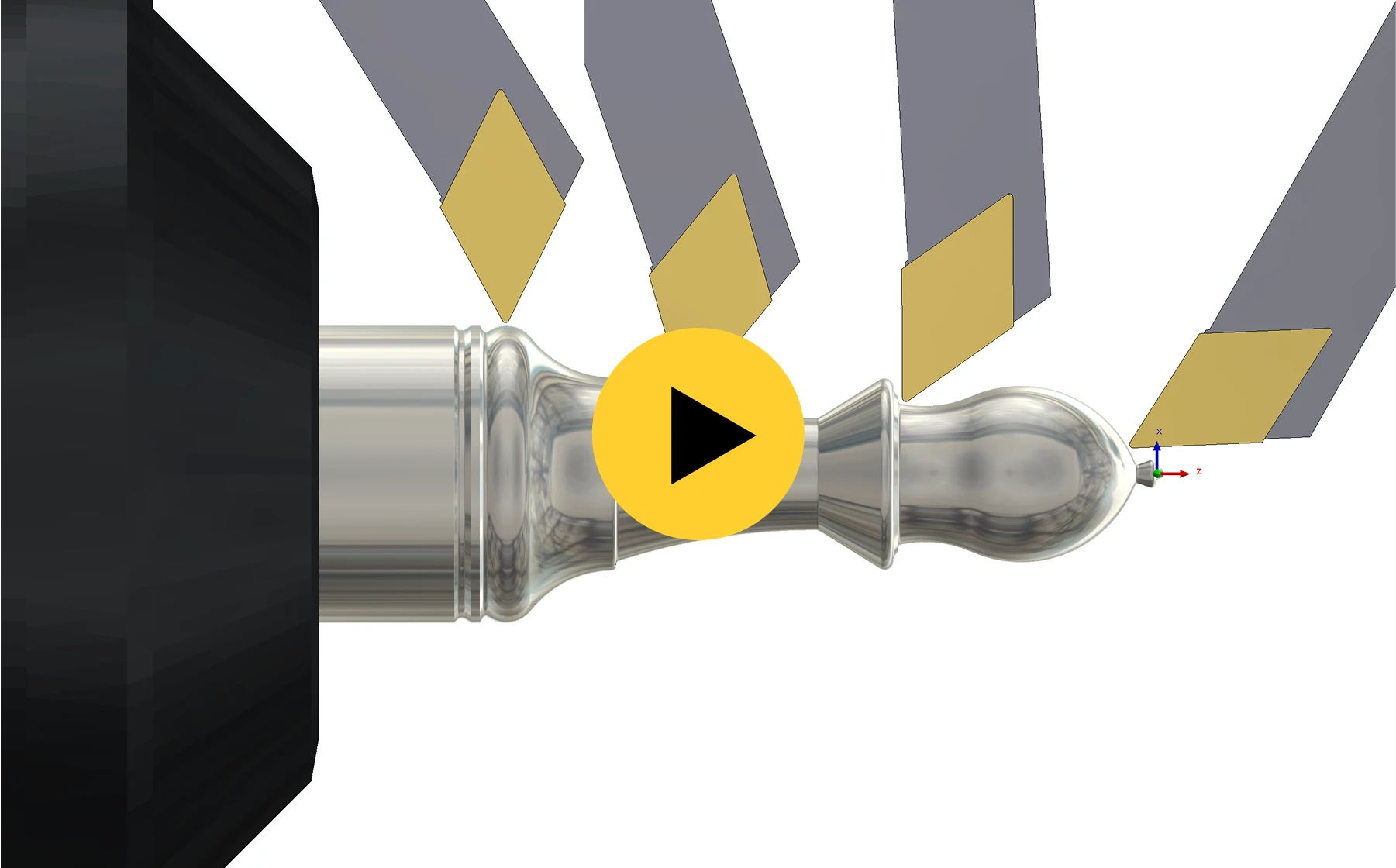
Convert the design drawings into CNC programming and prepare the corresponding lathes, turning tools, and substrates.
Finally, the turned parts are post-processed and surface processed.
| Maximum processing size | Maximum length: 1.5m, maximum diameter: 0.5m |
|---|---|
| Minimum processing size | Minimum diameter 1mm |
| Minimum tolerance | ±0.005mm |
| Delivery time | The lead time for small batches is 3-7 days. The lead time for large batches is 10-15 days or more. |
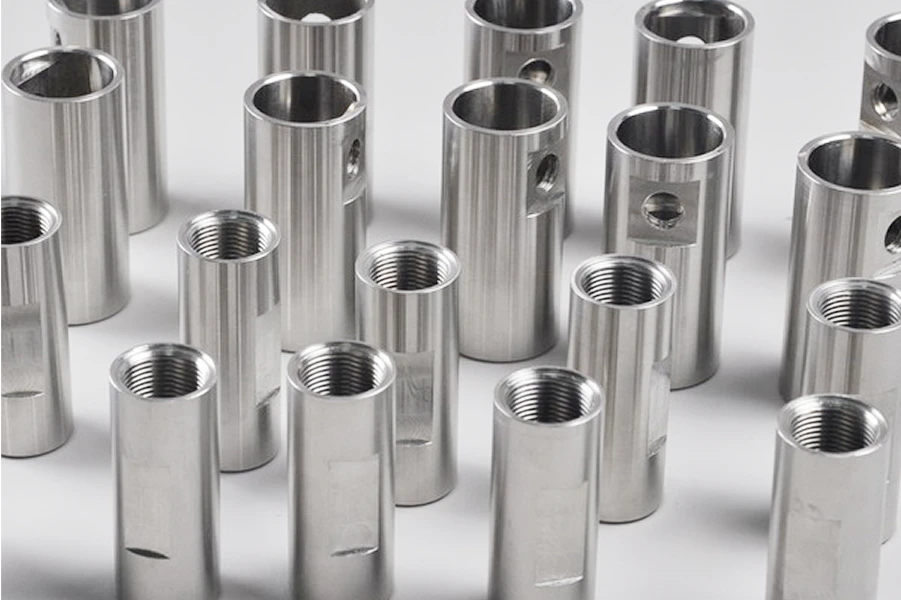
Our turning services are cost-effective and offer a competitive price for volume production.
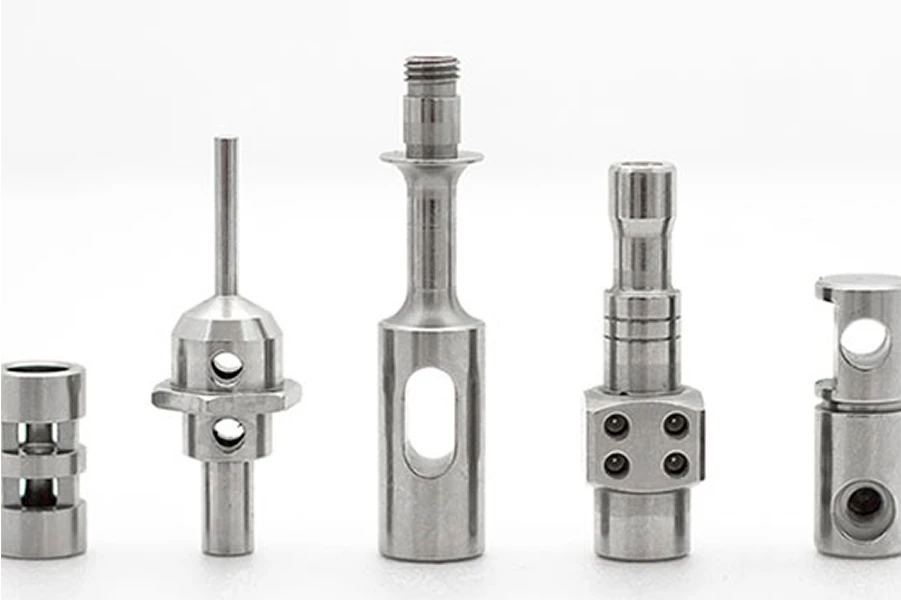
The turning process adopts computer control program and has high precision.
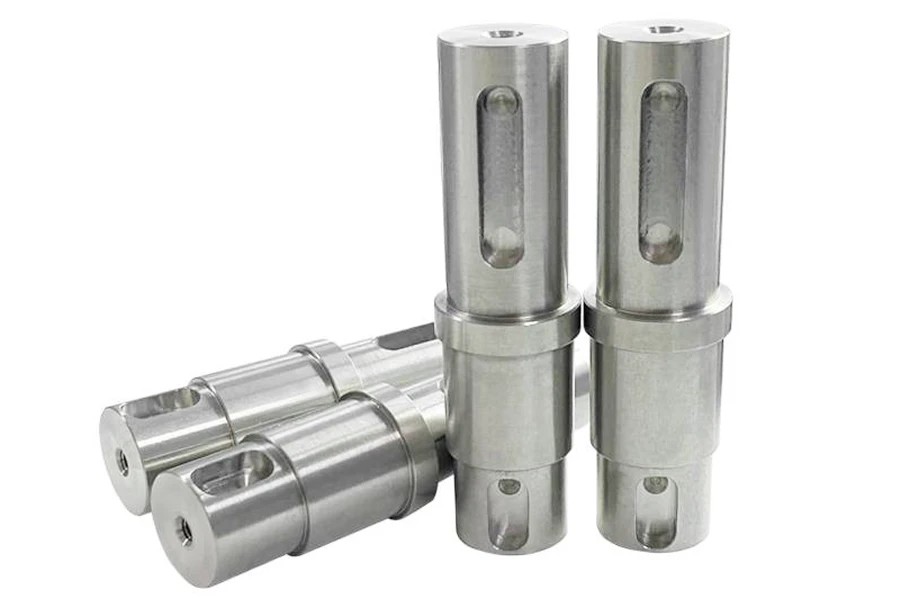
Our turning services provide high consistency in high-volume production.

Offers high tensile strength and malleability. Used in construction, automotive, and manufacturing for structural components and tools.
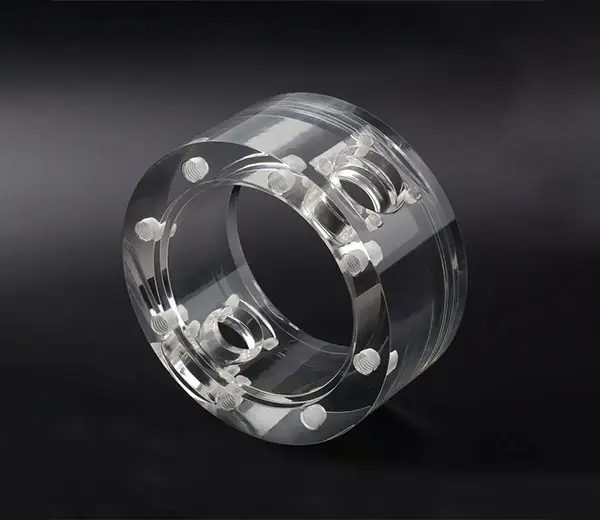
Known for its exceptional impact resistance and transparency. Used in eyewear, automotive parts, and durable plastic products.
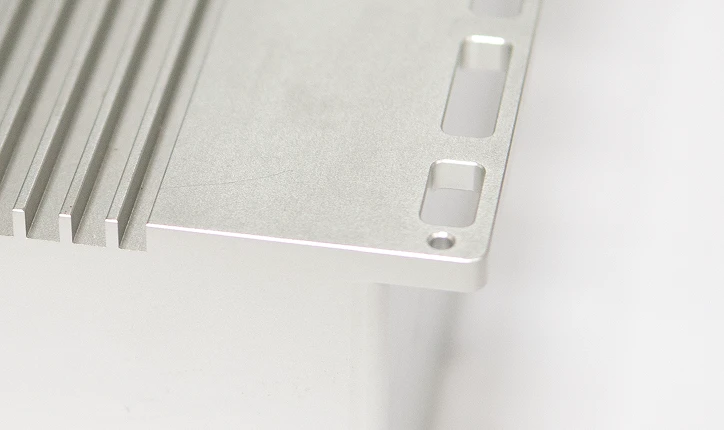
The original machining tool marks on the surface of the part are retained without any treatment.
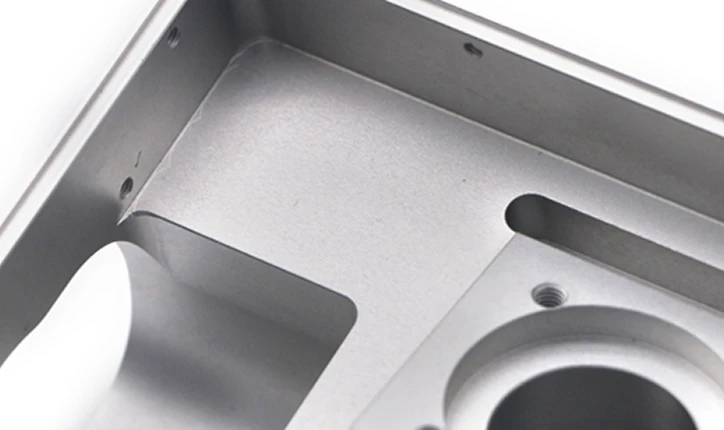
Removes knife marks and improves surface smoothness.
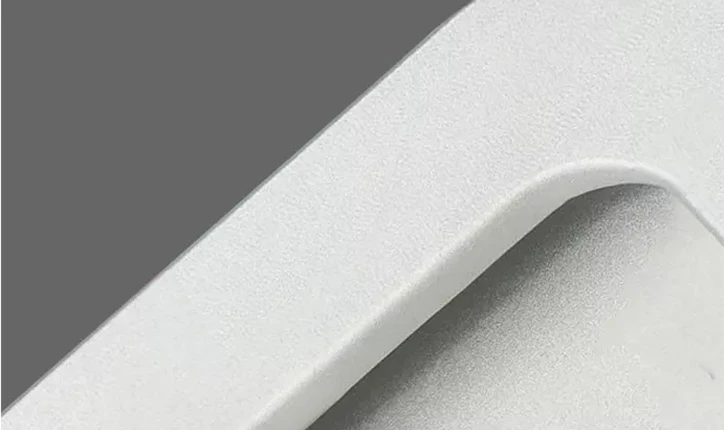
Creates a matte finish and increases surface roughness, which aids in subsequent painting or bonding.
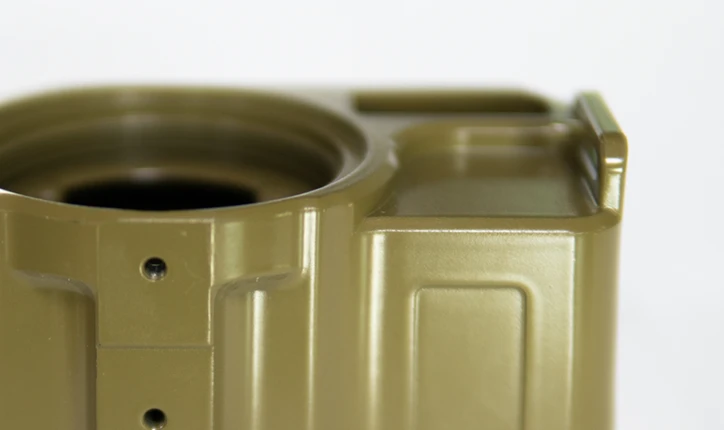
Adding a paint layer provides a protective layer against corrosion while meeting aesthetic requirements.
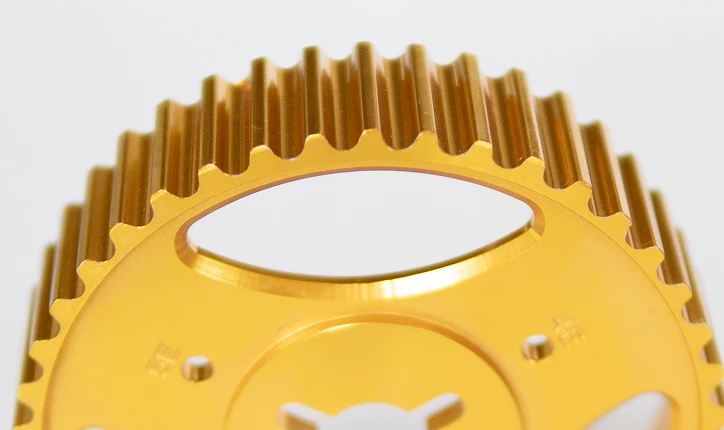
Forms a dense oxide film on the surface in customizable colors.
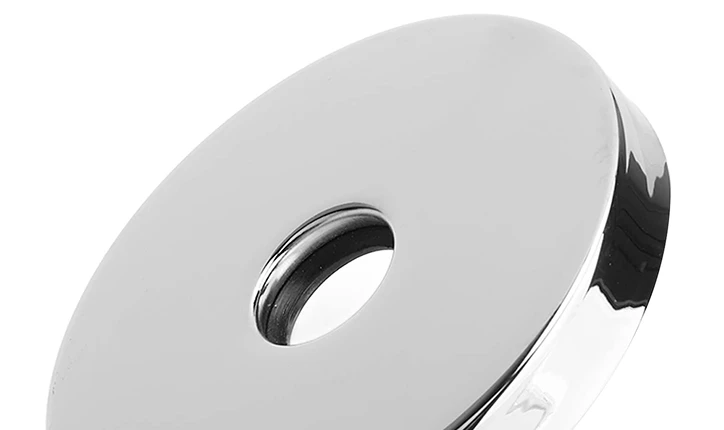
Deposits metal layers on the surface of the part, which can be plated with gold, silver, nickel, tin, chromium and zinc.
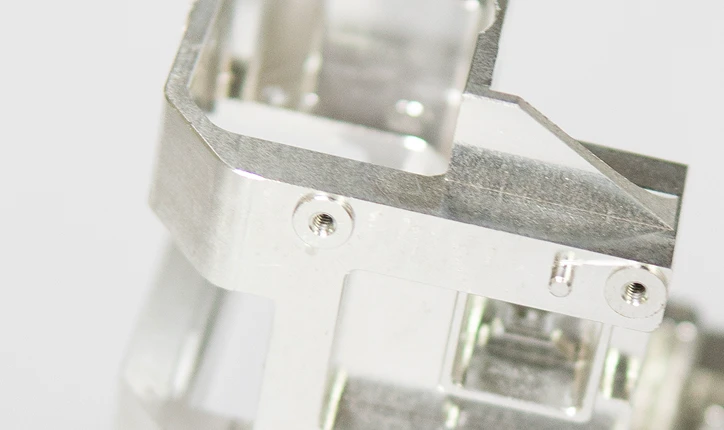
Deposits metal layers on the surface of the part, which can be plated with gold, silver, nickel, tin, chromium and zinc.
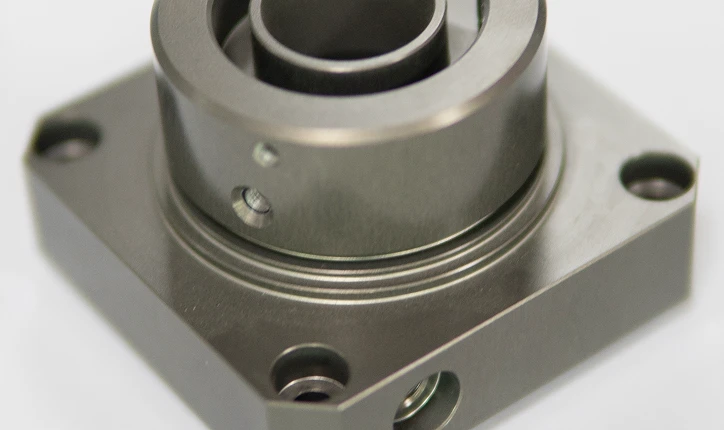
Equivalent to a metal surface coated with a resin paint.
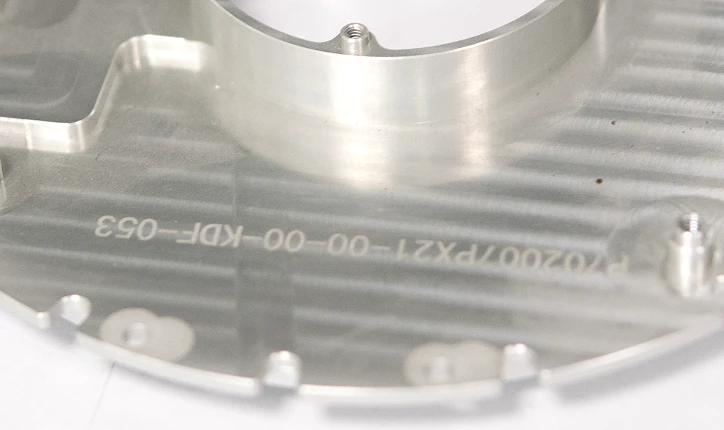
Quick low-level version of this logo and other information.